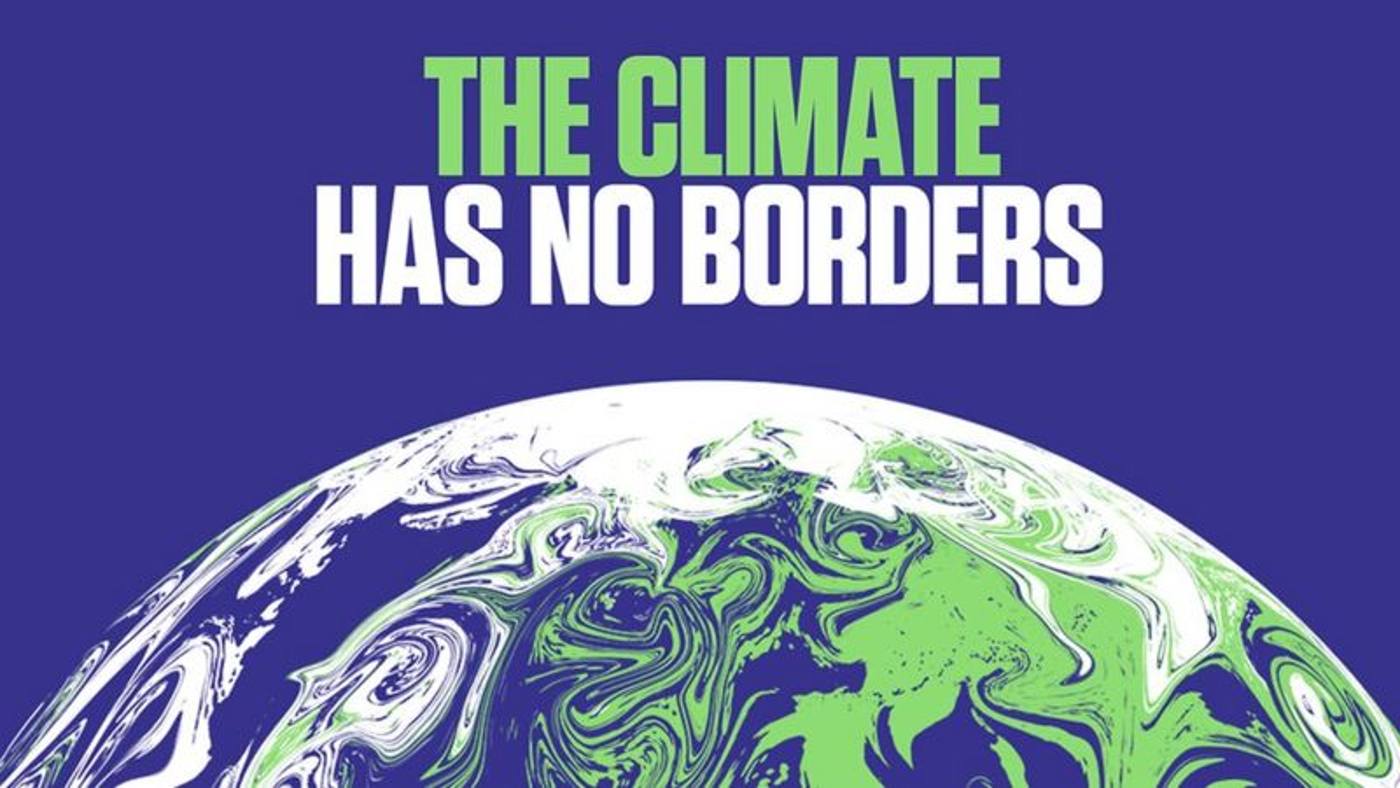If you look at the recent global climate change Glasgow conference through the lens of negotiation, a great deal of work produced a measurable outcome. John Kerry tried to sell this line. Ian Bremmer agrees (mostly) that COP26 represents a corner turned where the world begins to take some collective action on greenhouse gasses.
But when looking at the science of warming global temperatures, industrial output, and the latest models, COP26 seems weak and inadequate.
Consider this fresh take by writer Nathaniel Rich, who sees that summits and big negotiations with world leaders aren’t where the action happens.
The daily news report is solid. We get a fairly good sense of what’s happening. I think there’s less attention drawn to the fact that these meetings, just like every other climate conference that’s preceded it over the last 30-some years, are more or less symbolic. They’re covered often in the press as if it’s the negotiation of armistice or an arms agreement when in fact they’re much closer to diplomatic meetings between heads of state to express shared principles to say that we believe in human rights, say.
Interview with Brooke Gladstone, On the Media
Also, sees a change in messaging from activists–who tend to be young and represent an entirely new demographic. They take a “moral approach” that is more personal and honest, according to Rich. He notes, “They don’t really bother to get into those bad faith debates and they move straight past that into, “I am being harmed, you have failed.” It’s a different register, it’s angry, it’s personal, it’s emotional.” And even just in the time from Obama to Biden, it seems to be working.



You must be logged in to post a comment.